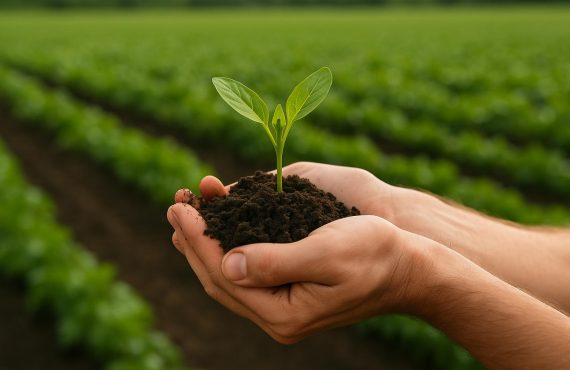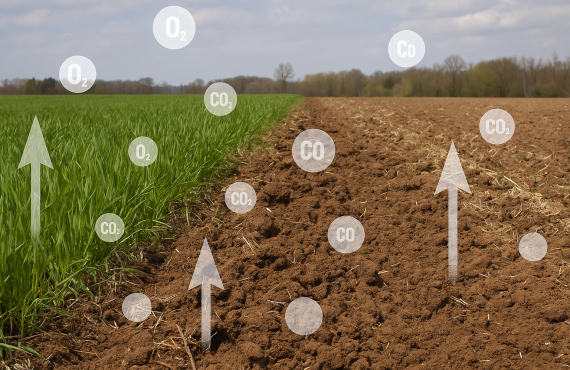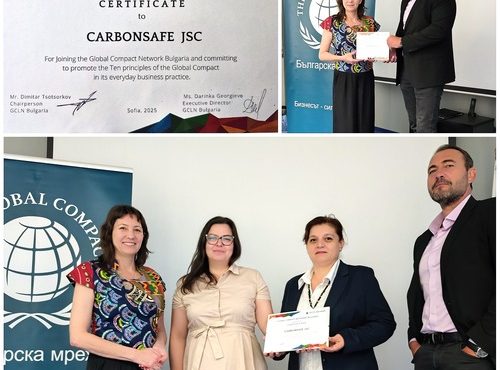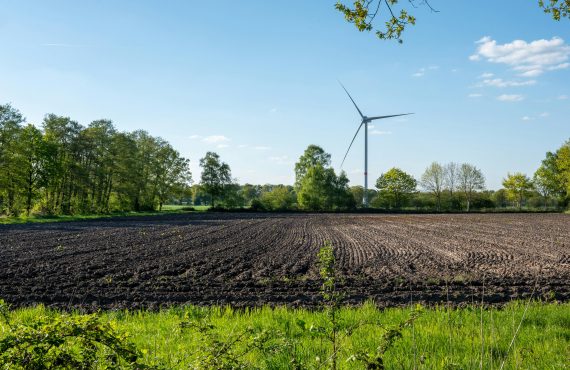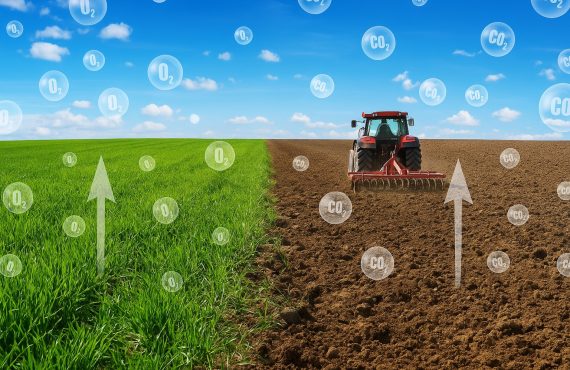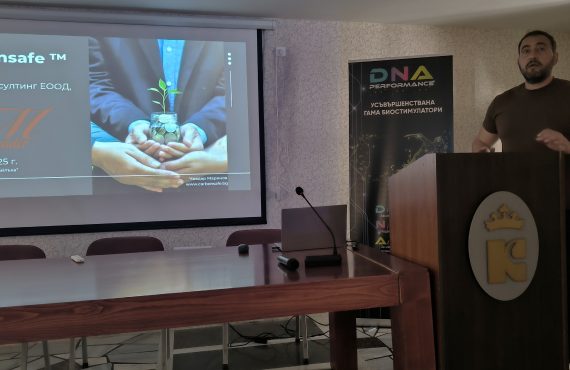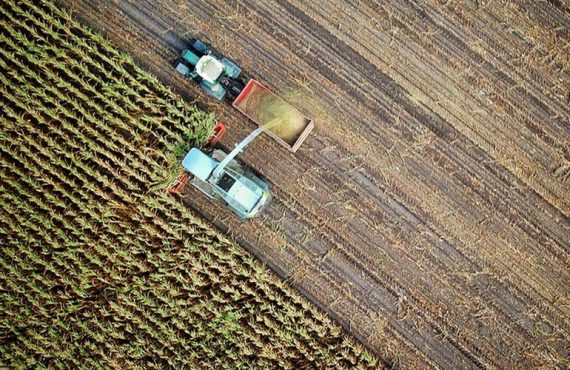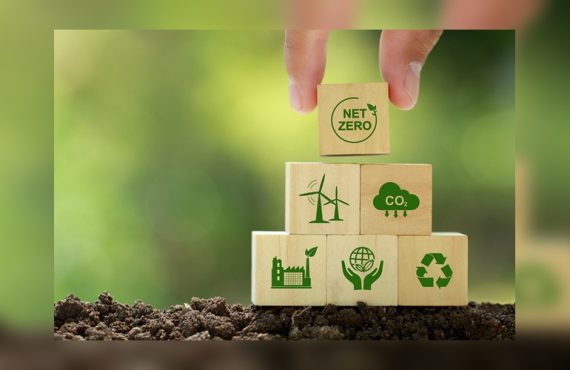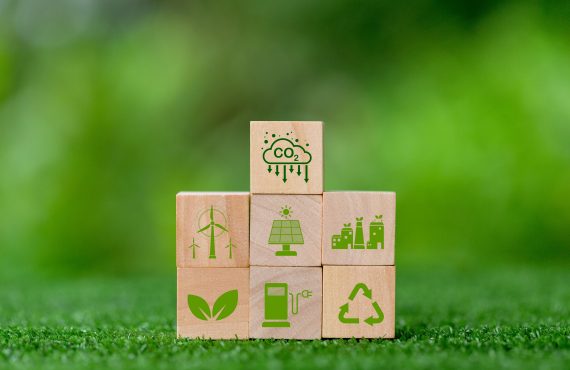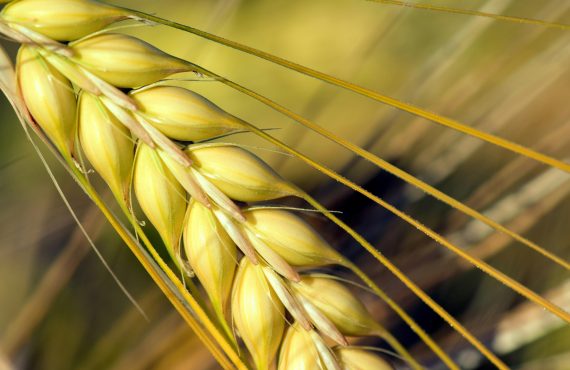The Importance of Carbon Credits
In a world where sustainability is no longer just a preference but a requirement, carbon credits are emerging as a key tool for responsible business. They are not only a means of offsetting carbon emissions, but also a mechanism to support farmers and producers who invest in environmentally friendly practices.
How Do Carbon Credits Work?
Carbon credits represent certified reductions in carbon emissions that companies can purchase to offset their environmental impact. This is not just a marketing tactic, but a tangible way to reduce a company’s carbon footprint through:
- Investment in green projects such as photovoltaic systems and sustainable transportation;
- Support for farms that implement sustainable agricultural practices;
- Offsetting unavoidable emissions by purchasing carbon certificates.
A Bulgarian Example: “Naslada” Dairy
One of the pioneers in Bulgaria on this path is “Naslada” dairy in Slivnitsa. The company has not only modernized its production, but also actively invests in sustainable solutions. Through a partnership with Carbonsafe™, the dairy purchases carbon credits, thereby supporting the farmers who supply its milk and building a trust-based ecosystem of sustainability.
“We know that the money from these credits will reach the farmers who deserve it,” says Daniela Stefanova, owner of the dairy. “They are our partners, and when the sector works together, everyone wins.”
The Future of Carbon Neutrality
European regulations are becoming increasingly strict, and companies that fail to adapt will be left behind. Businesses like “Naslada,” however, aren’t waiting—they’re already building sustainable models that not only reduce emissions, but also provide real economic benefits across the entire supply chain.
Carbon credits are not just a tool for environmental responsibility—they are a bridge between businesses, farmers, and the future of a sustainable economy.


